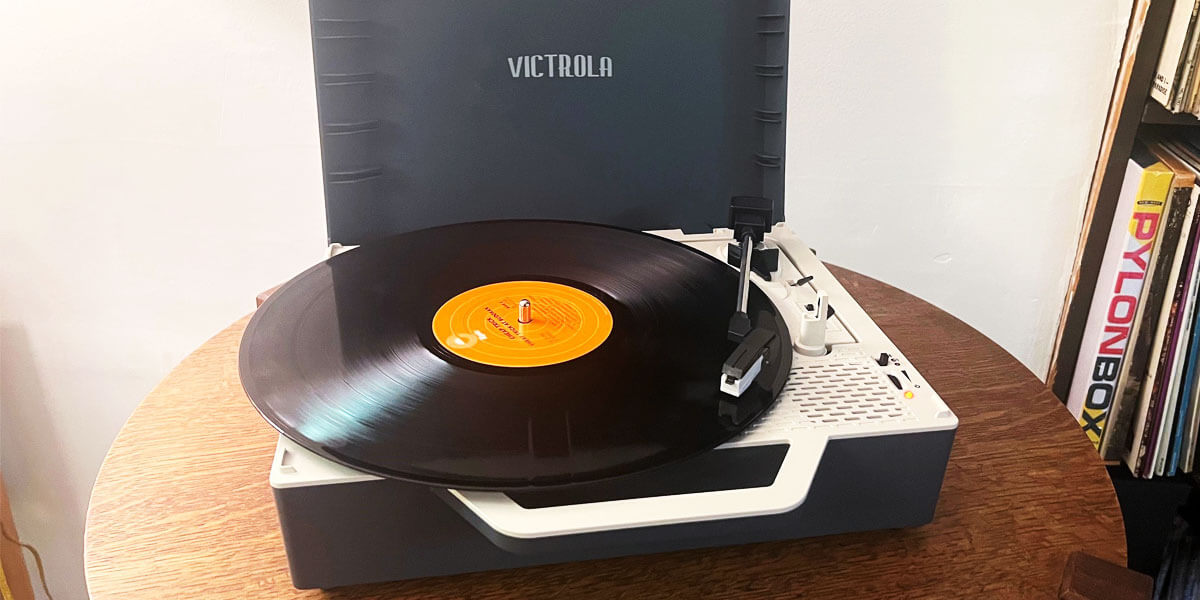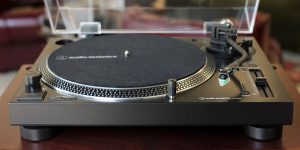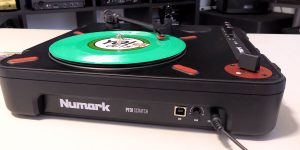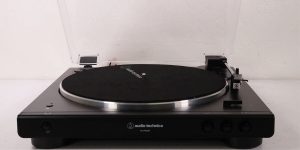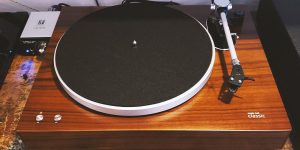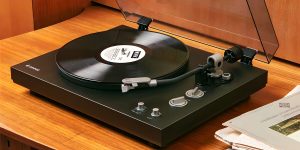The pursuit of pristine sound quality and exceptional performance is an enduring quest for every bassist. In this quest, one often-overlooked yet fundamentally important aspect is the maintenance of clean bass strings. Their cleanliness, or lack thereof, plays an undeniable role in the pursuit of a perfect sound. In this article, I will teach you how to clean bass strings so you understand how this seemingly simple act can elevate an ordinary performance to extraordinary heights and ensure that the sound remains harmonious.
Pre-cleaning preparations
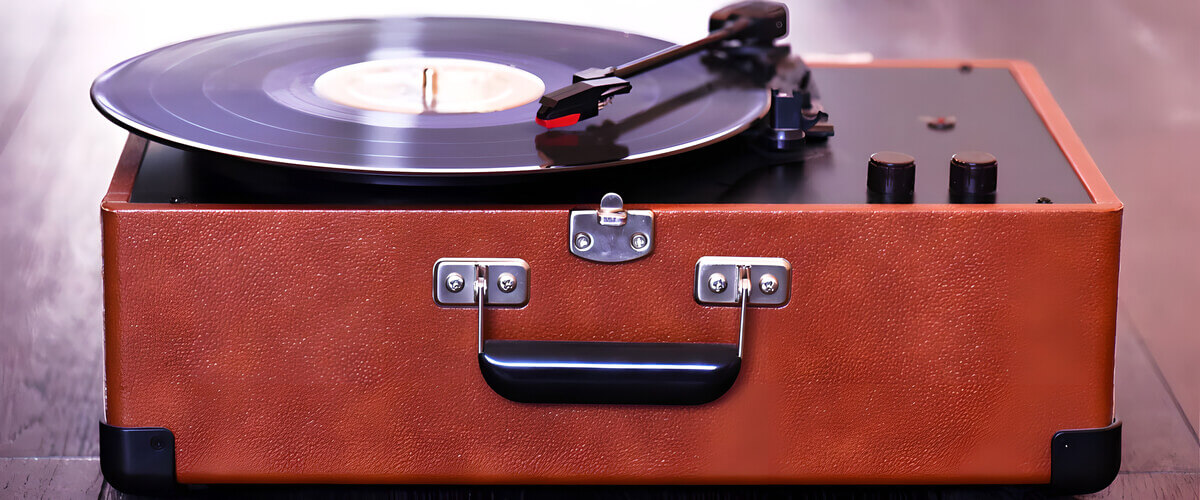
Cleaning bass strings is a relatively straightforward process, and you don’t need many tools or materials to do it effectively. Here’s what you’ll need and how to prepare for the cleaning process.
Tools and materials:
- A lint-free cloth, such as a microfiber cloth or an old T-shirt, works well. Ensure that it’s free from any dirt or debris.
- String cleaner or lubricant (optional). While not strictly necessary, a specialized string cleaner or lubricant designed for musical instruments can be used to help remove stubborn grime and extend the life of your strings.
Preparation:
- Find a clean area to work on your bass. Lay down a soft surface to protect your instrument’s finish from accidental scratches.
- Before cleaning, ensure your bass is properly tuned. This helps you identify any issues with the strings and can prevent accidental over-tightening or loosening during the cleaning process.
- Wash your hands before handling your bass strings. Oils, dirt, and sweat from your hands can transfer to the strings during cleaning.
Cleaning process and different types of cleaning agents
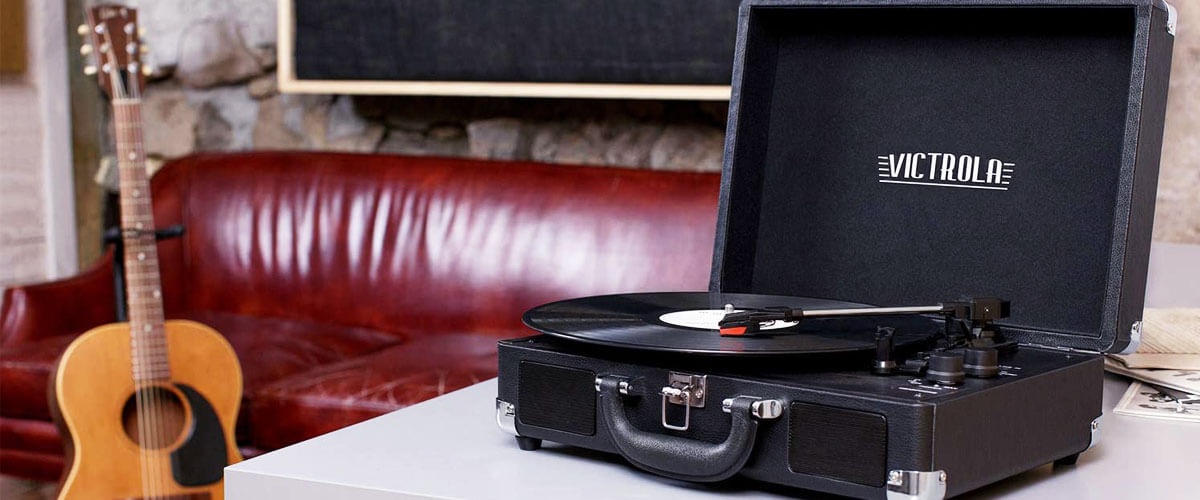
Regularly cleaning your bass strings not only improves their longevity but also contributes to a cleaner, more articulate sound. It’s a simple yet effective practice that enhances your overall playing experience.
Types of cleaning agents
When cleaning bass strings, it’s important to use the right cleaning agents to avoid damage. Here are some types commonly used for cleaning:
- String cleaner or lubricant: Specifically designed for cleaning and protecting instrument strings. These products can help remove dirt and grime while providing a protective layer to extend string life.
- Isopropyl alcohol: A common cleaning agent for removing dirt and oils from strings and other instrument parts. Use it sparingly and avoid prolonged contact with instrument finishes.
- Lemon oil: It also can be used sometimes. But I recommend not using lemon oil on maple fretboards.
Process of cleaning bass strings
In case it is your first time making the strings clean, I recommend this simple and easy to follow step by step guide:
- Take a clean, dry cloth and run it along each string, from the bridge to the nut. Apply gentle pressure to remove any surface dirt, sweat, or oils.
- If you’re dealing with particularly dirty or sticky strings, you can use a specialized bass string cleaner or lubricant. Apply a small amount to a cloth or directly onto the strings, and then wipe each string individually. Don’t ignore the manufacturer’s instructions for the cleaner.
- Take a moment to check the condition of your bass’s fretboard and frets. Clean the fretboard using a separate cloth if needed, and consider applying a bit of fretboard conditioner if it’s made of wood.
- As you clean, keep an eye out for any signs of damage, such as rust, corrosion, or kinks in the strings. If you notice any issues, it might be time to replace the strings.
- After cleaning, retune your bass to ensure it’s ready to play.
Boiling bass strings: who needs it and why?
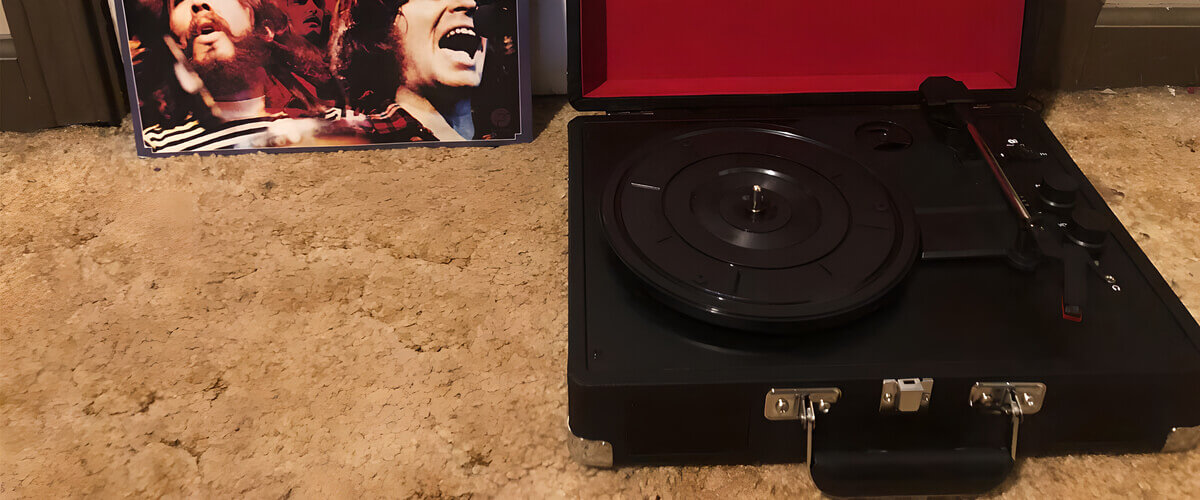
It is a somewhat unconventional technique used by some bassists to extend the life of their strings, particularly flatwound or tapewound strings. Let me tell you who might consider boiling bass strings and why.
Who might consider boiling bass strings:
- Bassists on a tight budget. Boiling strings can temporarily rejuvenate old, dull strings, allowing budget-conscious bassists to postpone the expense of buying new strings.
- Vintage bass enthusiasts. Some musicians with vintage basses prefer to maintain the original, worn-in sound of old flat-wound or tape-wound strings rather than replacing them.
Why bassists boil strings:
- Removal of dirt and grime. Boiling can help dissolve and remove some of these contaminants.
- Restoring brightness. Boiling can restore some of the high-end frequencies, making the strings sound crisper.
- Temporary extension of string life. Boiling can provide a short-term improvement in string tone and playability. It’s a way to squeeze a bit more life out of strings that are past their prime.
How to boil bass strings?

If you decide to try this uncommon method for cleaning your bass strings, be ready to do the following 6 steps:
- Take the old strings off.
- Fill a pot with water to submerge the strings completely and bring it to a boil.
- Place the bass strings into the boiling water.
- Boil bass strings for 5-10 minutes. This process helps loosen and remove dirt and oils.
- Carefully remove the strings from the boiling water and lay them out to dry thoroughly. You can pat them dry with a cloth or allow them to air dry.
- Once the strings are completely dry, put them back on your bass, tune up, and play.
Important notes:
- This method works best on flatwound or tapewound strings and may not be suitable for roundwound strings.
- Boiling can’t reverse structural damage to strings.
- This method will not help bring back the exact tone and feel of the new strings.
FAQ
How often should I clean my bass strings?
In general, you should wipe down your strings after each playing session. For more thorough cleaning, you might do it every few weeks or when you notice a decrease in tone clarity or playability.
Can I use water to clean bass strings?
Yes, you can use water to clean bass strings, but it should be done with caution. Be sure to dry the strings afterward to prevent corrosion.
Can cleaning agents damage the fingerboard?
Cleaning agents specifically designed for musical instruments are generally safe to use on your bass strings and fingerboard. However, avoid using harsh or abrasive chemicals that can damage the wood or finish of the fingerboard.
How do I know if my strings need cleaning?
It’s time for bass strings cleaning if you notice a decrease in tone clarity or sustain and if they feel sticky or rough to the touch. Visual cues include the presence of dirt, discoloration, or a dull appearance on the strings.

